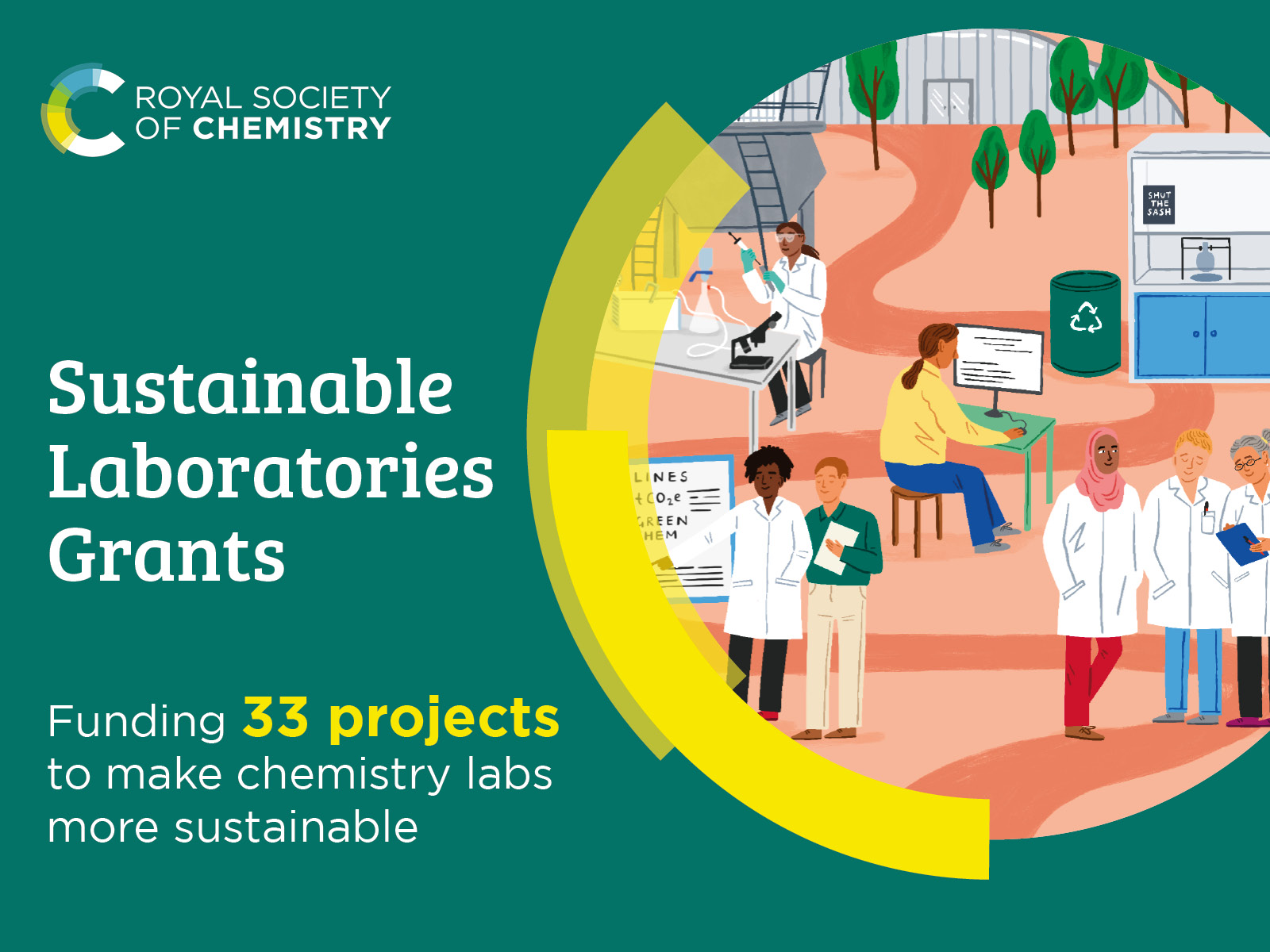Sustainable labs report: How do we reduce the environmental footprint of labs without compromising research quality?

We invited members of the chemical sciences community to share their experiences on the challenges and opportunities around carrying out research in an environmentally sustainable way.
While scientists’ research is critical in reducing the environmental footprint of multiple industrial sectors as well as cities and households, scientific labs do in themselves have their own footprint. They often require energy to run equipment as well as to ventilate, heat, or cool spaces and processes, while many consumables and reagents used in research have their own inherent footprint, which could potentially be reduced.
Our global survey of chemical scientists from across industry and academia found the majority (84%) are eager to do more to improve the environmental sustainability of their lab work, with 63% having already taken steps to reduce their environmental footprint in the last two years.
Building on the momentum within the global scientific community, we are today launching a long-term programme – Sustainable Laboratories – aimed at supporting chemical scientists in their efforts to embed more environmentally sustainable lab practices.
Professor Gill Reid, President of the Royal Society of Chemistry, said: "Chemical scientists are key to driving innovation in everything from clean energy to healthy ageing. We also know that scientific research has an environmental footprint and we have an opportunity to minimise this without compromising on the safety, quality, or impact of research.
"There is no one-size-fits-all solution to increase the environmental sustainability of scientific research as no two labs are the same. It’s a big job as scientists around the world work in a range of settings – everywhere from large universities, hospitals, or corporate labs to small companies or in the field – and use a variety of materials and techniques, some of which cannot be simply replaced.
"At the RSC, we intend for Sustainable Laboratories to be an ongoing, collaborative programme with our community and other organisations. We will continue to work with members of our community to understand how we can best support them in their efforts to reduce their environmental footprint – in everything from developing and sharing tools to convening new communities and conversations."